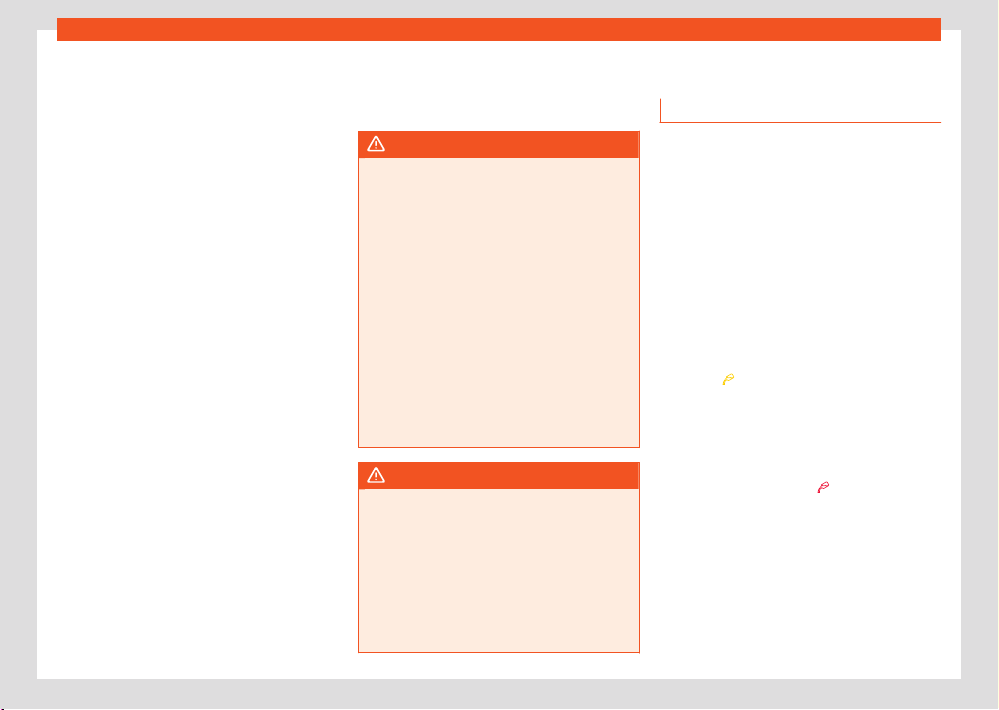Loading ...
Loading ...
Loading ...

Fuel and exhaust gas cleaning
307
AdBlue®
Use of compressed natural gas (CNG)
V
ehicles with natural gas engines must only
be run on CNG (Compressed Natural Gas), or
CNG with a biomethane if this meets the EN
16723-2 standard.
Fuels such as liquefied natural gas (LNG), lique-
fied petroleum gas (LPG) or hithane (mixture of
hydrogen and methane) should not be used to
fill the tank.
Natural gas quality and consumption
Natural gas is divided into the groups H and L
depending on its quality.
Gas type H has a superior heating power and
inferior nitrogen and carbon dioxide content
than type L. The higher the heating power of
the natural gas, the lower the consumption will
be.
The engine management automatically adapts
to the natural gas used according to its quality.
Therefore, dierent quality gases can be mixed
in the tank, without the need for comprehensive
draining before applying a dierent quality gas.
Updated information relating to natural gas
quality is shown on the instrument cluster dis-
play.
Regular checks of the natural gas system
The natural gas tanks may be damaged or cor-
roded by external factors. The walls of the gas
tanks are weakened by deformations, damage
or corrosion. The vehicle owner must have a
specialised workshop check (visual check) the
gas system at least once every 4 years. Nat-
ural gas tanks must be replaced at a special-
ised workshop.
WARNING
Failure to act when you can smell gas in the
v
ehicle or when refuelling can cause serious
injuries.
●
Stop the vehicle immediately.
●
Switch the ignition o.
●
Open the doors to appropriately ventilate
the vehicle.
●
Extinguish cigarettes immediately.
●
Move away from the vehicle or switch o
objects that may cause sparks or a fire.
●
If you continue to smell gas, do not con-
tinue driving!
●
Seek specialist assistance. Have the fault
repaired.
●
If necessary, warn the emergency services.
WARNING
Damaged, corroded or rusted tanks can re-
sult in serious injury or e
ven death.
●
Have the natural gas deposits checked at
least every 4 years (visual check).
●
Natural gas tanks have a limited service
life. Have the natural gas tanks replaced
when required. You can obtain further infor-
mation about this at SEAT dealers or special-
ised workshops.
AdBlue®
Inf
ormation about AdBlue®
AdBlue® consumption depends on your per-
sonal driving style, the temperature of the sys-
tem and the outdoor temperature when the ve-
hicle is used.
AdBlue® freezes at temperatures of -11 °C
(+13°F). The system has heating elements that
guarantee its operation even at low tempera-
tures.
When the range is less than 2400 km the
instrument cluster screen displays a message
requesting an AdBlue® refill.
If this message is ignored, the yellow indicator
light will come on once the remaining range is
1,000 km
. The indication that in XXX km it
will no longer be possible to restart the engine
will appear on the instrument panel display.
If the yellow indicator lamp is ignored, when a
remaining range of 0km is displayed, it will no
longer be possible to restart the engine. The red
warning light will come on .
AdBlue® is a registered trademark of the Ger-
man Association of the Automotive Industry
(VDA) and is also known as AUS32 or DEF (Die-
sel Exhaust Fluid).
The AdBlue® tank has a capacity of approx.
11 litres.
Loading ...
Loading ...
Loading ...